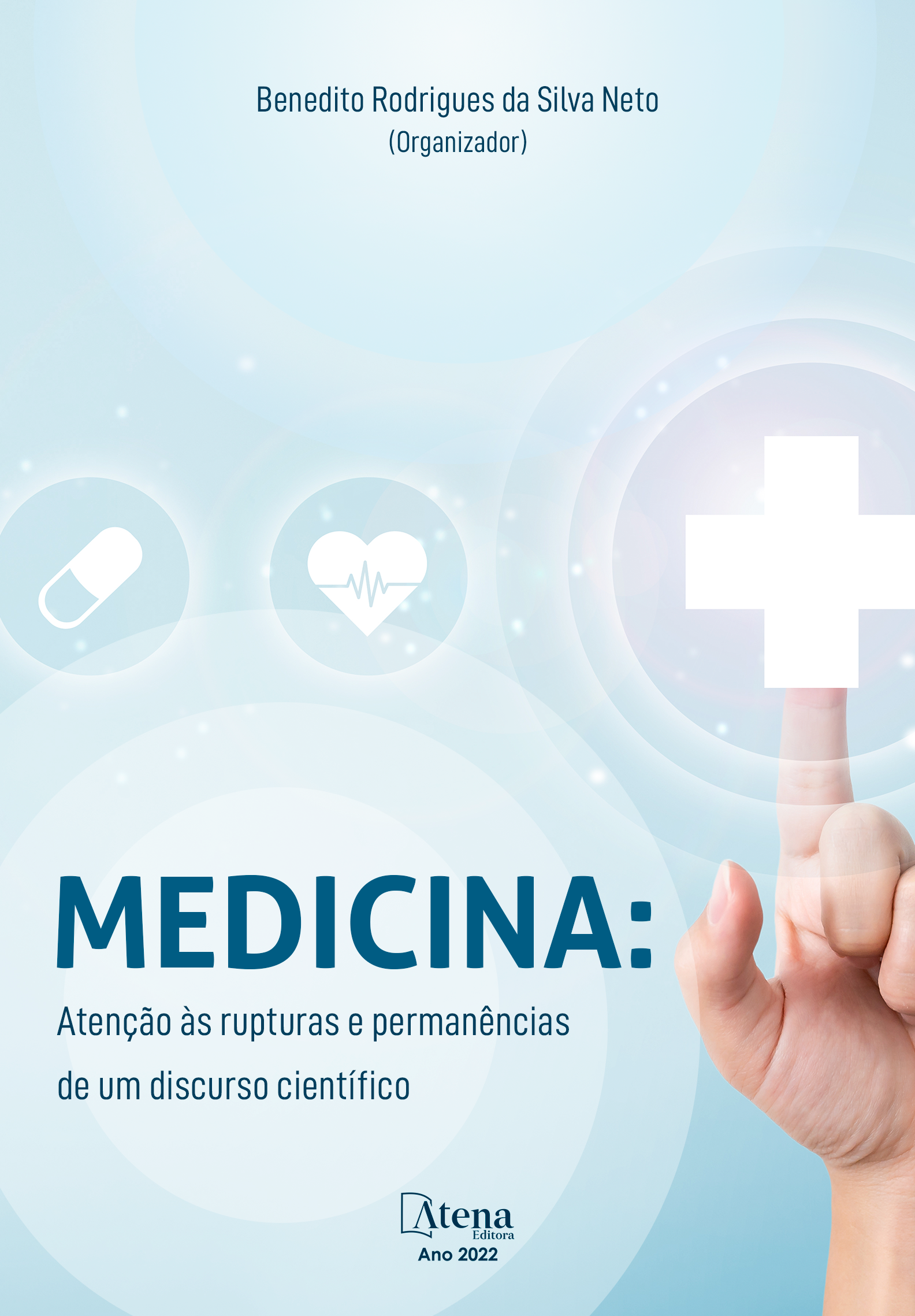
POSTPARTUM HEMORRHAGE: A STUDY FROM 2016 TO 2021 IN THE STATE OF SÃO PAULO
O objetivo desse estudo foi realizar um levantamento de dados relacionados à hemorragia pós parto (HPP) e ao uso de fármacos utilizados nas internações do sistema único de saúde (SUS), além de compreender a sua potencial gravidade e seu prognóstico.Dessa forma coletaram dados sobre hemorragia pós parto no Sistema de Informações de Agravos de Notificação (SINAN), no período de 1º Janeiro de 2016 ao dia 31 de Dezembro de 2021, e feito classificação de acordo com os seguintes aspectos: internações por cor/etnia, faixa etária e caráter de atendimento considerando o estado de São Paulo. O estudo desse artigo tem uma abordagem de caráter descritivo. Quanto ao resultado a partir da análise das internações segundo caráter de idade, a faixa etária entre 20 a 29 anos apresentou a maior incidência em todos os anos, com 3158 números de casos totais, ja a idade de 10 a 14 anos foi o intervalo de idade com o menor numero de casos, totalizando de 19 acontecimentos, excetuando-se no ano de 2017 que houve um registro de uma senhora de 70 anos. Internações segundo caráter de atendimento constata-se que a maior incidência se deu no caráter de urgência no ano de 2018 e seu menor índice no ano de 2019 quando comparado ao cenário eletivo há uma menor índice em todos os anos nos serviços médicos. É visto que em internações segundo cor/etnia retrata-se com bases nos dados registrados, a cor e etnia que mais obteve o diagnóstico de hemorragia pós parto foi a branca no intervalo dos anos de 2017 à 2021. Com isso conclui-se que o quadro de hemorragia pós parto é de difícil controle. O tratamento que diminui a morbimortalidade é o conjunto de ações que esta inserida em diversos protocolos, como tratamento não farmacológico, farmacológico e cirúrgicos afim de garantir a sobrevida materna.
POSTPARTUM HEMORRHAGE: A STUDY FROM 2016 TO 2021 IN THE STATE OF SÃO PAULO
-
DOI: 10.22533/at.ed.67222220815
-
Palavras-chave: Hemorragia pós parto, sangramento, ocitocina, urgência
-
Keywords: Postpartum hemorrhage, bleeding, oxytocin, urgency
-
Abstract:
The aim of the study was to carry out a survey of data related to postpartum hemorrhage (PPH) and the use of drugs used in hospitalizations of the Unified Health System (SUS), in addition to understanding their potential severity and prognosis. about postpartum hemorrhage in the Notifiable Diseases Information System (SINAN), from January 1, 2016 to December 31, 2021, and classified according to the following aspects: hospitalizations by color/ethnicity, age group and service character considering the state of São Paulo. The study of this article has a descriptive approach. As for the result from the analysis of hospitalizations according to age, the age group between 20 and 29 years old had the highest incidence in all years, with 3158 total cases, whereas the age group between 10 and 14 years was the interval of age with the lowest number of cases, totaling 19 events, except in 2017, when there was a record of a 70-year-old lady. Hospitalizations according to the character of care, it appears that the highest incidence occurred in the urgency nature in 2018 and its lowest rate in 2019 when compared to the elective scenario, there is a lower rate in all years in medical services. It is seen that in hospitalizations according to color/ethnicity, it is portrayed based on the recorded data, the color and ethnicity that most obtained the diagnosis of postpartum hemorrhage was white in the range of the years 2017 to 2021. Postpartum hemorrhage is difficult to control. The treatment that reduces morbidity and mortality is the set of actions that are included in various protocols, such as non-pharmacological, pharmacological and surgical treatment in order to guarantee maternal survival.
-
Número de páginas: 10
- Felipe Rocha Elias
- Carolina Paes Landim Ramalho
- Lais Miranda Balseiro
- Elis Miranda Balseiro
- Amanda Giovanelli e Silva
- Gabriela Miloch Dietrich


